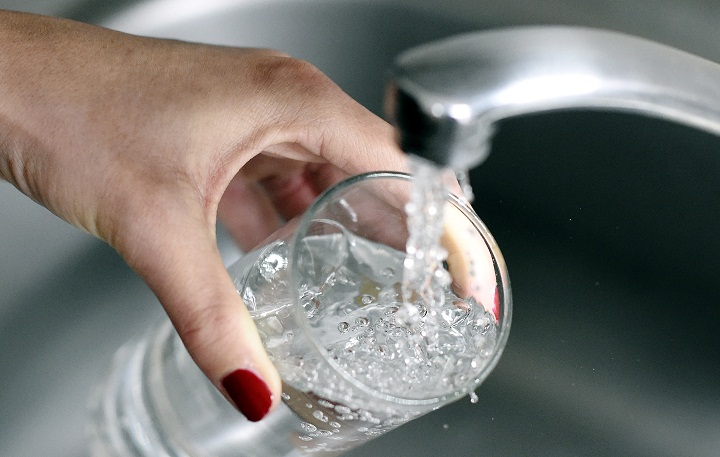VANCOUVER – Vancouver Island and Gulf Islands residents are being urged to reduce water consumption immediately as weather conditions are expected to remain hot and dry in the coming weeks.

The region is currently experiencing Level 3 drought conditions, which call for voluntary water use reductions of 20 per cent or more from all municipal, agricultural and industrial users.
If the weather continues to effect stream flows then the drought advisory may be upgraded.
Level 4 drought conditions, the highest rating, are determined by factors including regional stream flows, water storage capacity, ecological concerns, weather forecasts and impacts on water users.
Water users are also being asked to ensure that water intakes are screened to prevent fish from being pulled into water systems as water levels drop. Low water levels can impede the passage of salmon to spawning grounds, increase susceptibility to disease, or cause stranding or death due to low oxygen and high water temperatures.
READ MORE: Salmon dying due to severe drought of Vancouver Island river
Well owners are being asked to conserve water by using less and relying on stored water.
Further reductions in stream, lake and aquifer levels could lead to water shortages and affect people, agriculture, industry and fish stocks.
Water conservation tips (from the provincial government):
At home:
- Limit outdoor watering.
- Don’t water during the heat of the day or when it’s windy.
- Consider planting drought-tolerant vegetation.
- Take shorter showers.
- Don’t leave the tap running.
- Install water-efficient showerheads and toilets.
On the farm:
- Implement an irrigation scheduling program using real-time weather data.
- Schedule irrigation to match crop needs and soil storage capacity.
- Improve water system efficiencies and check for leaks.
- Focus on high value crops and livestock.
Industry:
- Reduce non-essential water usage.
- Recycle water used in industrial operations.
- Utilize water-efficient methods and equipment.




Comments